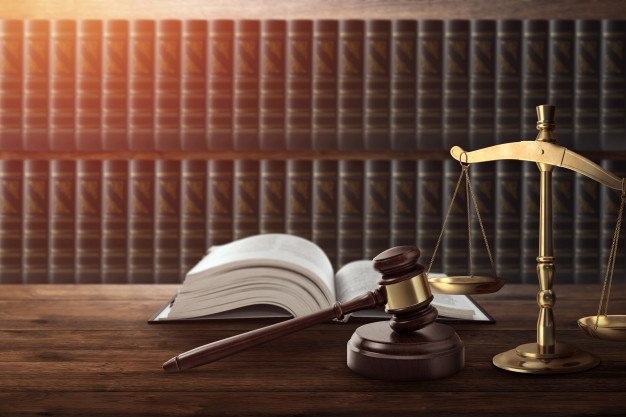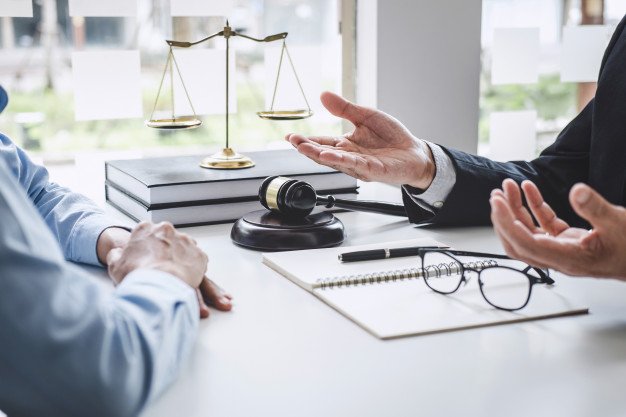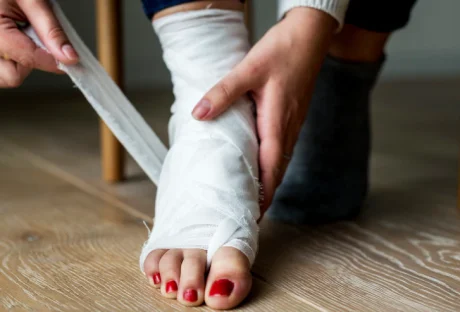Paying bail bonds are not as simple as it seems. Knowing and having the right understanding of how these work, how it is determined, what the payment methods are, and other important issues are very important for anybody who is facing an arrest or who has an arrested loved one. There are several questions asked online to shed light and find out what bail bonds are all about which you may also have, click here to find out the answers.
What is Bail?
It is a term to describe the release of a person arrested for a criminal offense before the end of the criminal case. It can involve – but not every time – the defendant paying money to a court; this is not a punishment. It ensures the court that the defendant returns to the court now and then while the case is ongoing. It ensures the court that the defendant does not fail to go to court without having to keep him in custody all the time.
Bails are significant in both ends – the arrested and the authorities. It ensures that people, no matter if they have a case at court, are free and, also, it avoids having to jam-pack jails with offenders, while have not been convicted yet. With it, offenders can be released almost in any stage of the criminal justice process, either immediately after arrest or while the case is ongoing and the court has not issued a sentence yet. This means that if someone gets arrested, three possible scenarios can come to place: he is arrested and released without charge; he is arrested, charged, and released on bail; or he is arrested, charged and is held in custody until the verdict of the case comes out.
Schedule of Bails
This is a list of the amount of money applied to individual crimes and can be paid in terms of bails.
State laws determine the amount appropriated for a crime, and they decide whether the arrested individual be released without posting any bond at all or if the individual is allowed to post any or not; or if allowed to post bail, should it be posted (and individual is released with it) after booking or should they wait for a hearing. If the state laws allow for immediate release after the appropriate amount is paid, the defendant can post this immediately and release will follow. But if the state law requires a hearing, the defendant will not be able to pay immediately after booking and be released, instead, he will have to wait for the hearing to ensure before anything else.
Hearings
During a hearing, the court would determine the amount applicably. However, courts do not always allow this; they can also deny it according to applicable state laws. If allowed, the amount will be determined using the following factors as a basis:
Flight Risk Level:
Sometimes defendants would escape the system especially when they are facing possible major sentences such as death or life imprisonment. These defendants are most likely to flee and escape the penalties.
Degree of Connections to the Community:
An individual who has a strong connection to the community where he belongs would be less likely to flee. For example, a defendant who has a business in his locality or whose entire family is in that locality, he will have a lesser likelihood of fleeing compared to individuals who have nothing to lose in that locality.
Obligations in the Family:
Sometimes the court will consider and require lesser bail to defendants who are responsible for the well-being of his family or who have other dependents.
Assets and Incomes:
When a defendant has a lot of money and/or assets, he may likely not be considered for a low amount. If the defendant is employed, the court may consider that the defendant may likely lose the employment.
Court and Criminal Histories of Defendants:
Especially individuals who have had histories involving failures to appear in court will most likely have to face higher bonds compared to those who are first-timers in court. Also, the court would look into the number of times a person may have been granted bail and have violated conditions related to the given considerations or who have failed to appear in court. The court will most likely impose higher bond amounts to these individuals as compared to someone without such history.
The gravity of the Crime:
More serious crimes require higher bonds and lesser serious crimes require lower bond amounts.
Public Safety:
If the release of an accused individual would pose a risk to the safety of others and/or the community, the courts would most likely refuse to allow bail. Examples for these are cases of treason, rebellion, terrorism, or conspiracy – a defendant charged with these crimes would most likely not be allowed to post bail.
The Types of Bail Bonds
Most of the time bail bonds are associated with money. The notion is that when one is arrested and he has the money, he can get out of jail immediately. However, it is more complicated than that. There are several questions asked online to shed light and know what bail bonds are all about which you may also have.
Different states may have different types of bails, some may apply to another and in others, it may not. The different types may include cash bonds, signature bonds, property bonds, surety bonds, and others.
Read Also:























